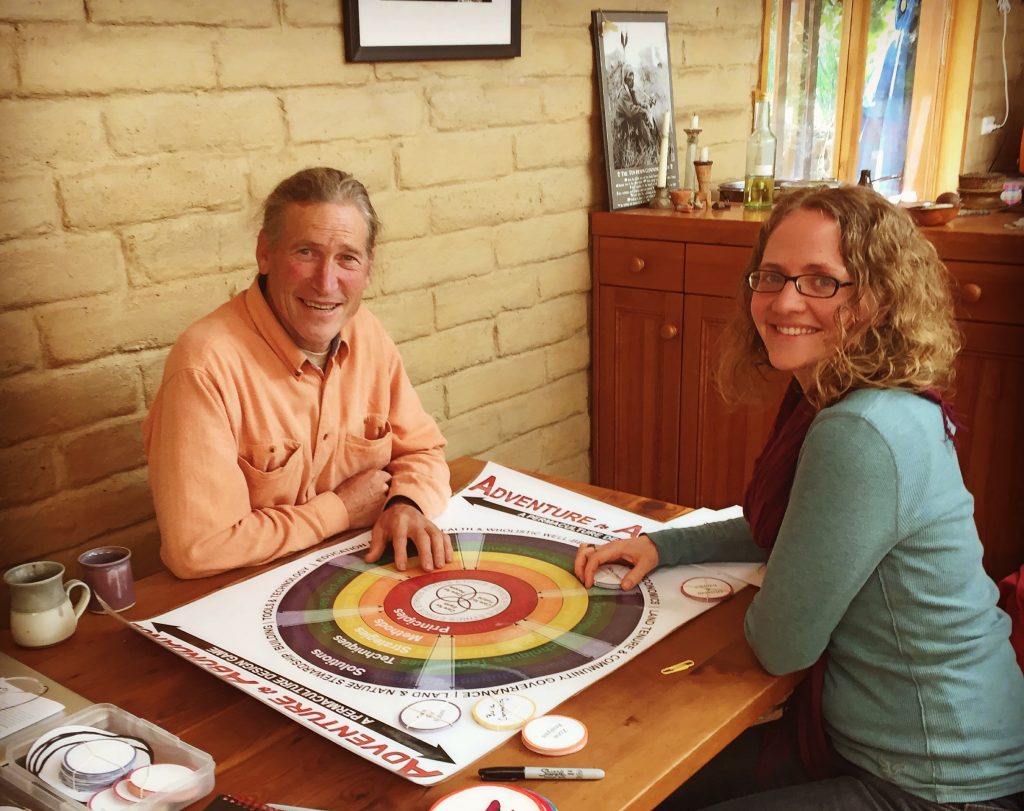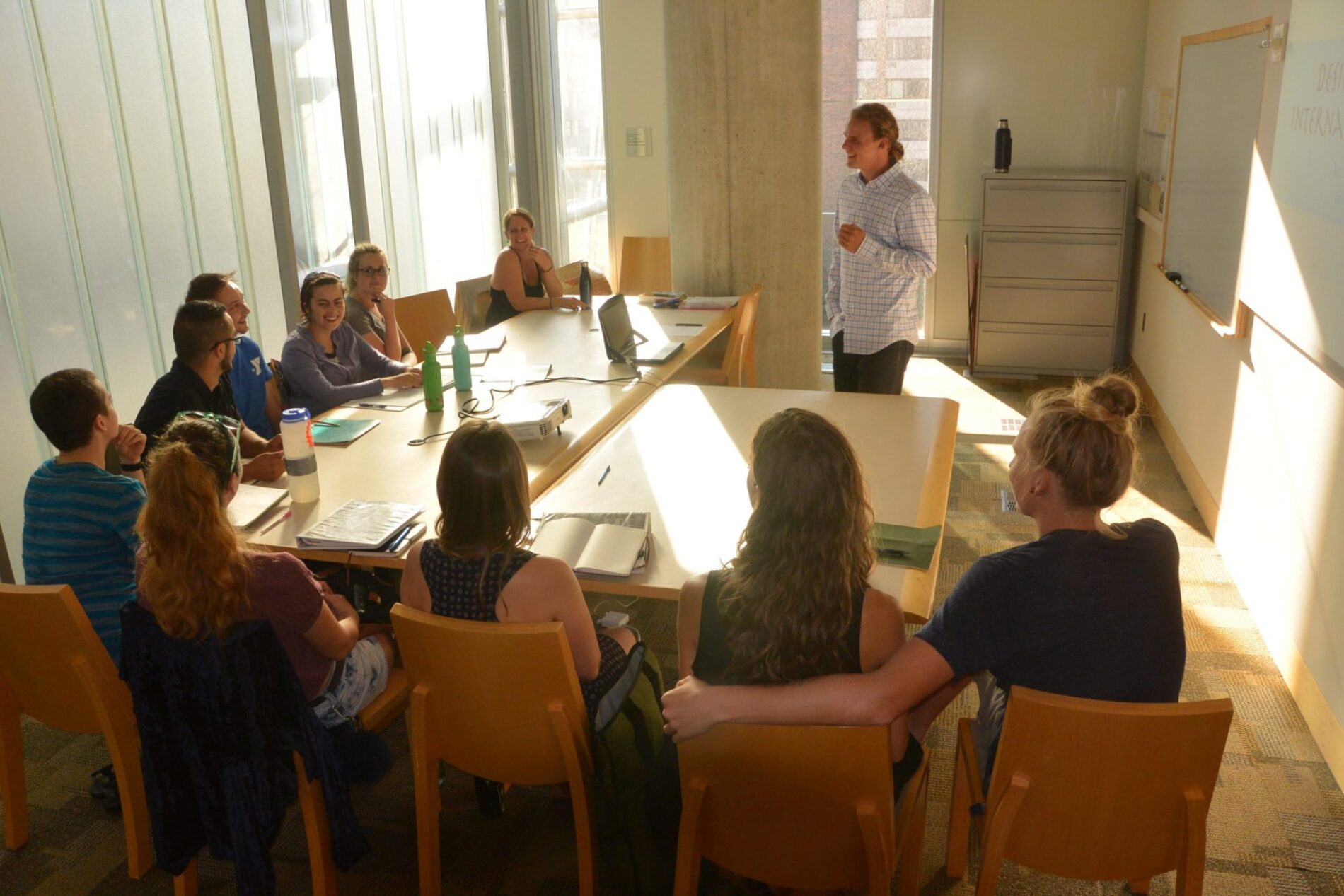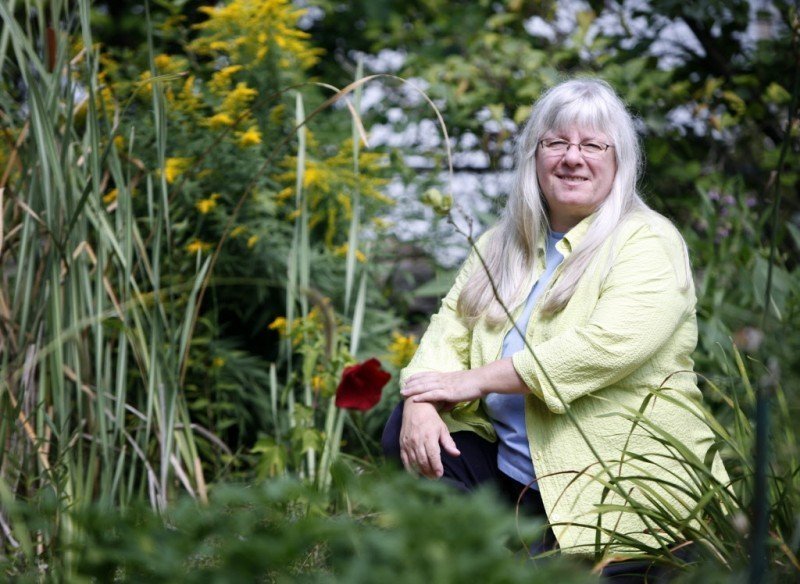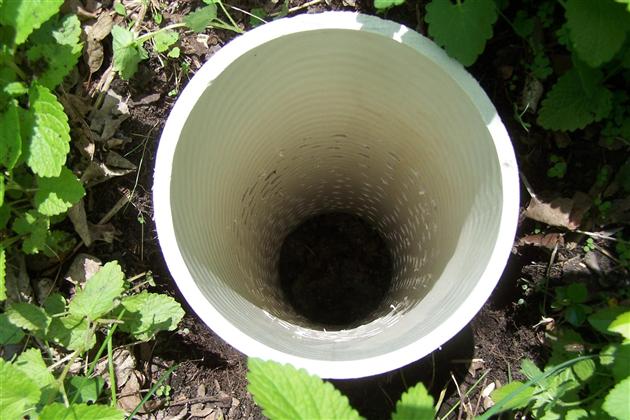
PDC Graduate Series – Jodi Trendler and Michelle Hickey
Jodi Trendler is a Graduate of: PDC Course #33 – June 2012 at Midwest Permaculture, Stelle, IL Michelle Hickey is a Graduate of: PDC

Jodi Trendler is a Graduate of: PDC Course #33 – June 2012 at Midwest Permaculture, Stelle, IL Michelle Hickey is a Graduate of: PDC

Tim is a Graduate of: PDC Course #53 – Feb. 2015 at Midwest Permaculture, Stelle, IL Opened a business Sweet Greens in Cleveland, OH, -a supply store for

Scott is a Graduate of: PDC Course #62 – April 2016 at Heal the Planet Farm, Koshkonong, MO Sold his legal practice in Arizona and

Bridget is Graduate of: PDC Course #38 – Jan. 2013 at Midwest Permaculture, Stelle, IL Created the game “Adapt” to make permaculture learning fun and easier to

Ian is Graduate of: PDC Course #60 – Oct. 2015, Grass Valley, CA Teacher Training #7, July 2016 in Stelle, IL Youth Educator at University of Minnesota’s Landscape

Kate is Graduate of: PDC Course #4 – Oct. 2007 at Midwest Permaculture, Stelle, IL Founder and Host of the Madison Area Permaculture Guild Permaculture Designer and
Free Plant Guilds eBooklet We teach the fundamentals of plant guild design at every Permaculture Design Certificate (PDC) course we host. Here is our Upcoming
Now that we’ve wrapped up our last course in 2012, it’s time to look forward to our offerings in the coming year. Our first course

Updated – February 2024 Worm towers are DIY vermicomposting bins built into your garden and are just one of many techniques that permaculture designers can
Is taking a Permaculture Course Worth It? When I think back on my own experiences of taking a Permaculture Design Course (PDC) and look at
You can see and read more about our PDC Completion Course in an awesome blog post by one of the students in the course: These
You can see and read more about our PDC Completion Course in an awesome blog post by one of the students in the course: These